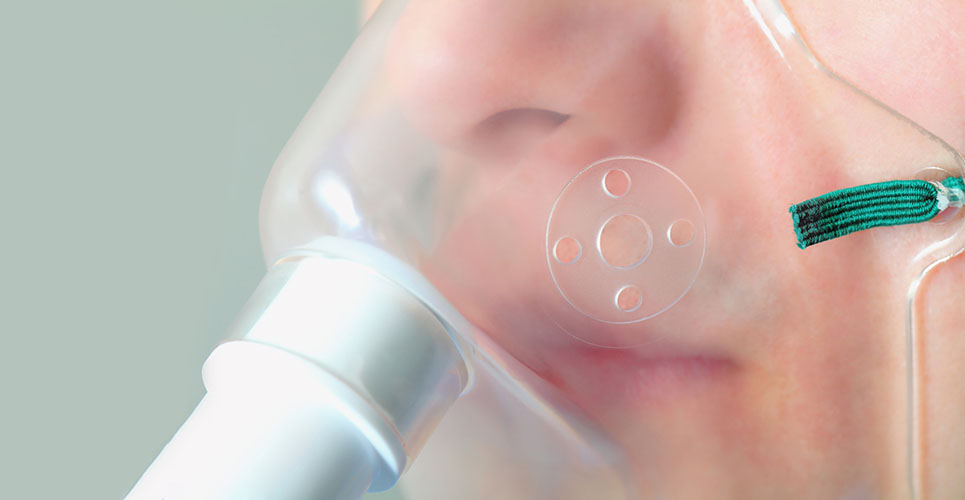teaser
A paper published on bmj.com shows that continuous deep sedation for patients nearing death in the Netherlands is increasing, while cases of euthanasia have declined.
The 2005 study repeated a 2001 survey of European hospitals and found that in the Netherlands use of continuous deep sedation had increased from 5.6% of deaths to 7.1% in 2005. Sedation was induced by benzodiazepines in about 80% of incidents, and in 94% patients were sedated for less than a week before death. Only 9% of physicians consulted a palliative expert.
The increase occurred mostly in patients with cancer who were treated by a general practitioner.

In 10% of incidents the patient had requested and been refused euthanasia or assisted suicide. The study found that the use of euthanasia had decreased from 2.6% of all deaths in 2001 to 1.7% of all deaths in 2005.
The authors say that media attention regarding euthanasia and deep sedation may explain the trend for the latter in place of the former.
The findings suggest that continuous deep sedation is increasingly considered part of regular medical practice in the Netherlands, but the authors call for further research into the underlying reasons for the use of continuous deep sedation.
